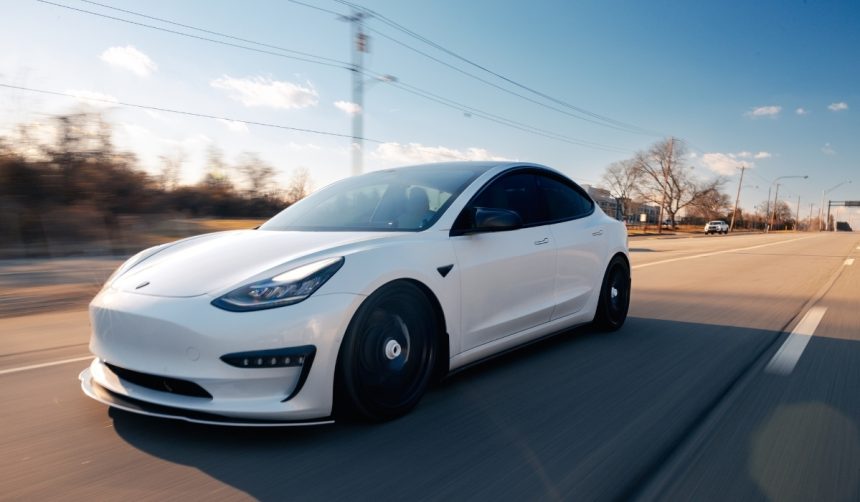Electric vehicle sales in the United States experienced notable shifts in the first quarter of 2025. Tesla maintained its position as the top-selling EV brand, while Chevrolet made significant strides, reflecting broader industry trends towards increased consumer adoption of electric vehicles. The market dynamics indicate a competitive landscape with established automakers expanding their electric offerings.
The first quarter of 2025 saw a total of 296,227 electric vehicles sold in the U.S., marking an 11.4 percent increase compared to the same period last year. This growth brought the market share of new-vehicle EV sales to approximately 7.5 percent.
Tesla remained the dominant player, selling 128,100 units, which outpaced the next ten brands combined. Despite this strong performance, Tesla’s sales declined by 8.6 percent year over year. Ford secured the second position with 22,550 units sold, an increase of 11.5 percent from the previous year.
How Did Chevrolet Achieve Such Growth?
Chevrolet’s sales surged by 114.2 percent, selling 19,186 units, largely driven by the Chevy Equinox EV. This remarkable growth underscores GM’s effective strategy in expanding its electric vehicle lineup and meeting consumer demand.
Which Brands Joined the High-Growth Tier?
Brands like Porsche, Toyota, and GMC saw substantial sales increases of 249 percent, 196 percent, and 183 percent respectively. These gains reflect a successful entry into the EV market by these manufacturers, catering to various consumer segments.
What Challenges Lie Ahead for the EV Market?
Valdez Streaty, a Cox Automotive analyst, stated,
“The year certainly started strong, but the road ahead will be anything but smooth.”
Challenges such as increased competition and economic headwinds could impact future sales trajectories.
EV sales have consistently risen over recent years, but the acceleration in Q1 2025 highlights a pivotal moment for the industry. Compared to previous quarters, the increase in market share and the entry of new high-performing brands indicate a maturing market with diverse options for consumers.
The refreshed Model Y and other new models are expected to influence upcoming sales figures. Additionally, strategies like special trade-ins and promotions aimed at attracting Tesla owners suggest that competition is intensifying, potentially benefiting consumers with more choices and better deals.
As the electric vehicle market continues to evolve, staying informed about the latest trends and manufacturer strategies will be crucial for both consumers and industry stakeholders. The ongoing developments suggest a robust future for EVs, with continued innovation and competition driving the market forward.










